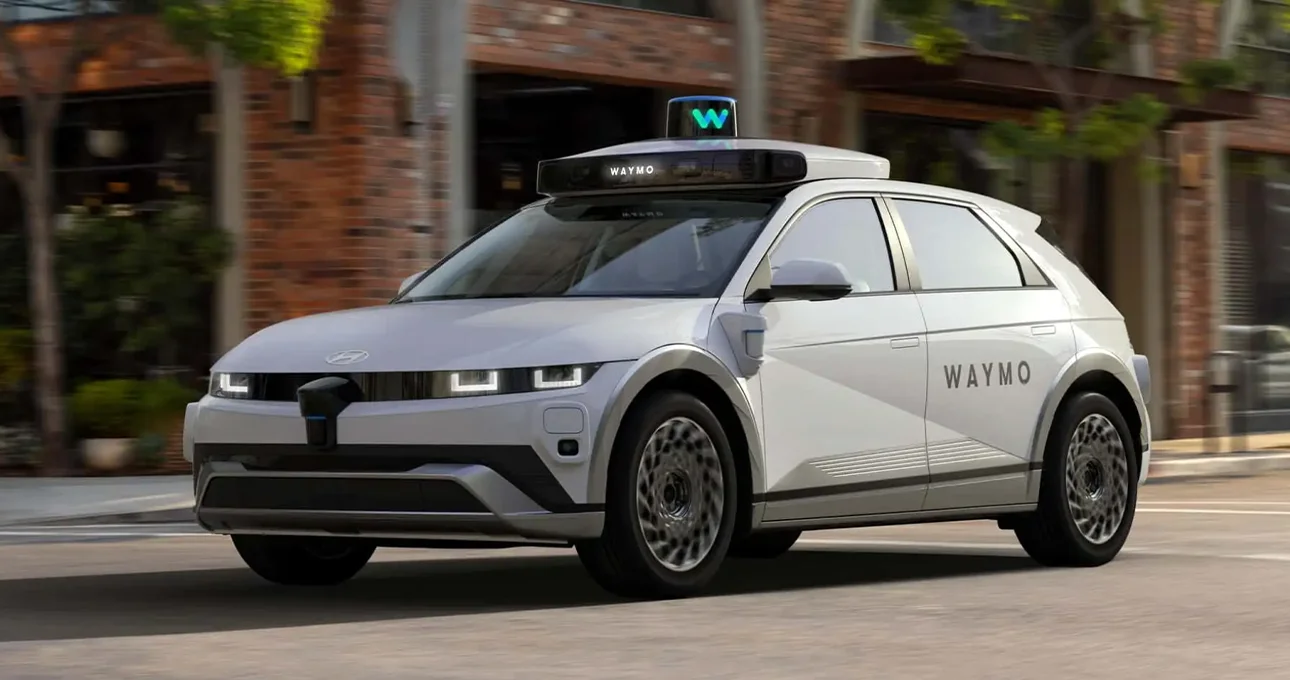The autonomous mobility sector continues to evolve rapidly, with Uber making headlines through two major strategic collaborations—just as leading automakers like Volkswagen, GM, Ford, Chevrolet, and Polestar deal with significant recalls.
On May 1, 2025, Uber announced a multi-year strategic partnership with May Mobility, a pioneer in autonomous vehicle (AV) technology. Under this agreement, May Mobility will deploy thousands of self-driving vehicles on the Uber platform in the coming years.
These vehicles will include American-made, hybrid-electric Toyota Sienna Autono-MaaS models, equipped with May Mobility’s proprietary Multi-Policy Decision Making (MPDM) system. This AI-driven platform mimics human decision-making in real time, enabling safe and responsive navigation through complex urban environments. The technology has already demonstrated success in driverless operations across three cities in the U.S. and Japan.
“Partnering with Uber signals that May Mobility is ready to scale up and lead autonomy-as-a-service deployment in key markets,” said Edwin Olson, CEO and co-founder of May Mobility.
The initial AV rollout is planned for late 2025, starting in Arlington, Texas—where May Mobility has operated since 2021—with safety operators on board. A broader U.S. expansion is expected throughout 2026.
Uber CEO Dara Khosrowshahi emphasized the significance of this move: “We’re proud to collaborate with May Mobility to extend the reach of autonomous vehicles across the U.S.” He also referenced Uber’s broader efforts in this space, including partnerships with BYD, Volkswagen, and Waymo.
Building on its global vision, Uber followed up with a second announcement on May 2, 2025: a strategic partnership with Chinese autonomous driving company Momenta. This alliance aims to introduce self-driving vehicles to Uber’s platform in select international markets outside the U.S. and China, starting in Europe in early 2026.
Initial deployments will include safety operators onboard as the companies move toward full autonomy.
“Expanding our reach to Uber completes the ecosystem needed for global AV scale,” said Momenta CEO Xudong Cao. “Our robotaxi technology is now ready to enter new international markets with high efficiency.”
Momenta, which entered the robotaxi space in 2020 and secured operational approval in 2023, boasts a 99% positive user satisfaction rate from over 250,000 trips to date.
As Uber ramps up its AV initiatives, several traditional automakers are dealing with serious setbacks.
Volkswagen Group of America is under scrutiny from the National Highway Traffic Safety Administration (NHTSA) for a flaw in its ID. Buzz electric vans. The issue? The third-row bench seats are wide enough for three passengers but only have two seatbelts—prompting a full-scale recall of all 5,637 units produced.
The NHTSA issued a formal safety report requiring Volkswagen to address the issue promptly to ensure passenger safety compliance.
Meanwhile, General Motors is recalling nearly 600,000 vehicles due to potential engine component failures. The affected models include the Cadillac Escalade/ESV, Chevrolet Silverado 1500, Suburban, Tahoe, and GMC Sierra 1500 and Yukon/XL, manufactured between March 1, 2021, and May 31, 2024. Defective connecting rods and crankshafts could cause significant engine damage or failure.
Ford has also issued a recall impacting 289,618 vehicles, including the Ford Expedition, F-Series (F-250, F-350, F-450), Bronco, and Lincoln models like the MKC and Navigator. The issue involves faulty rearview camera systems that may fail to display the image when reversing, creating a potential safety hazard.
Polestar is not immune either. The company recalled 27,816 Polestar 2 vehicles (model years 2021–2025) due to rearview camera malfunctions tied to a synchronization issue between the parking assist camera and the vehicle’s infotainment system. Affected cars display “Camera is temporarily unavailable” messages when placed in reverse.
As Uber accelerates toward an autonomous future with industry disruptors, legacy automakers face a wave of quality control challenges—marking a pivotal moment in the global mobility landscape.






















